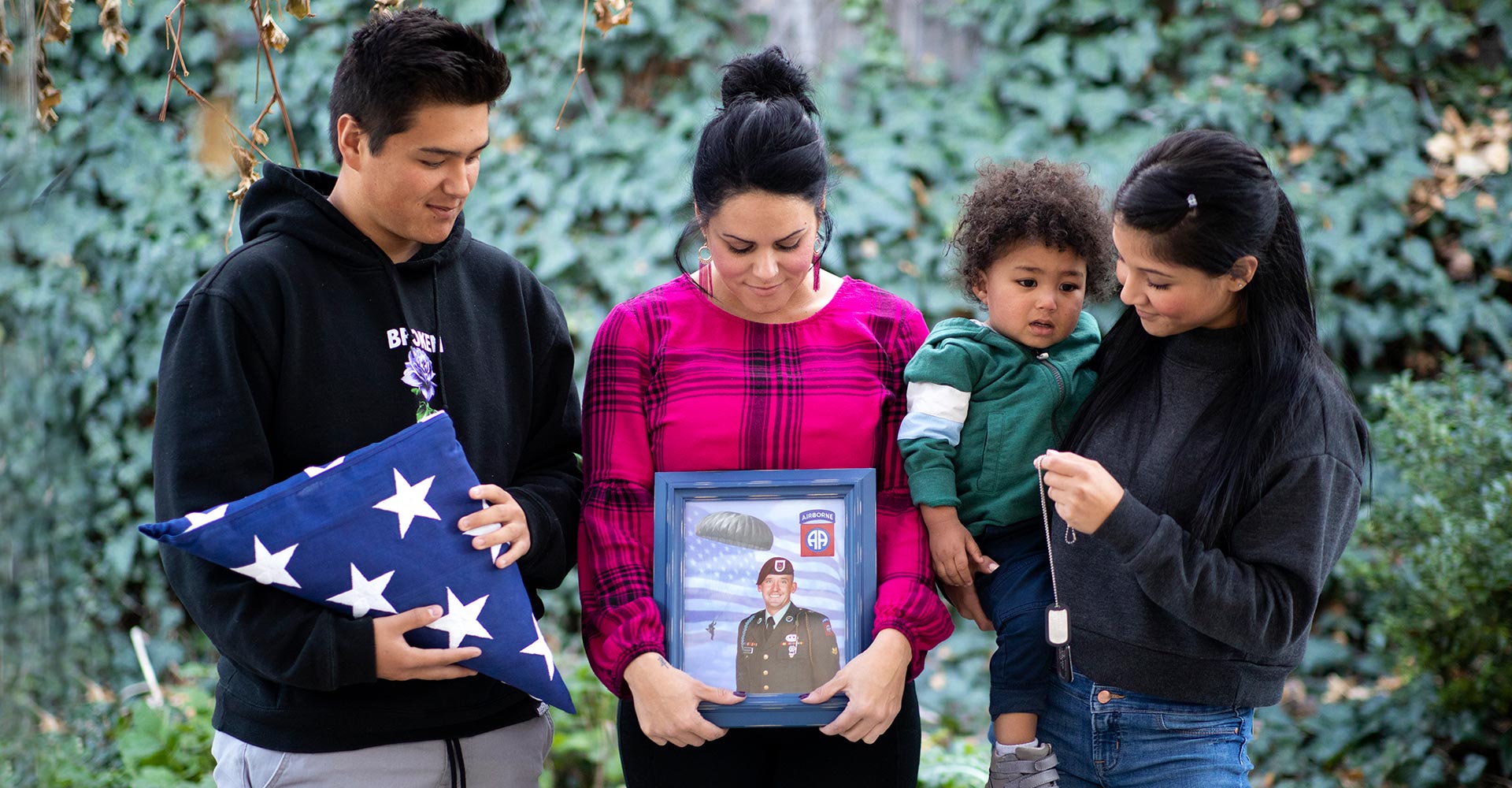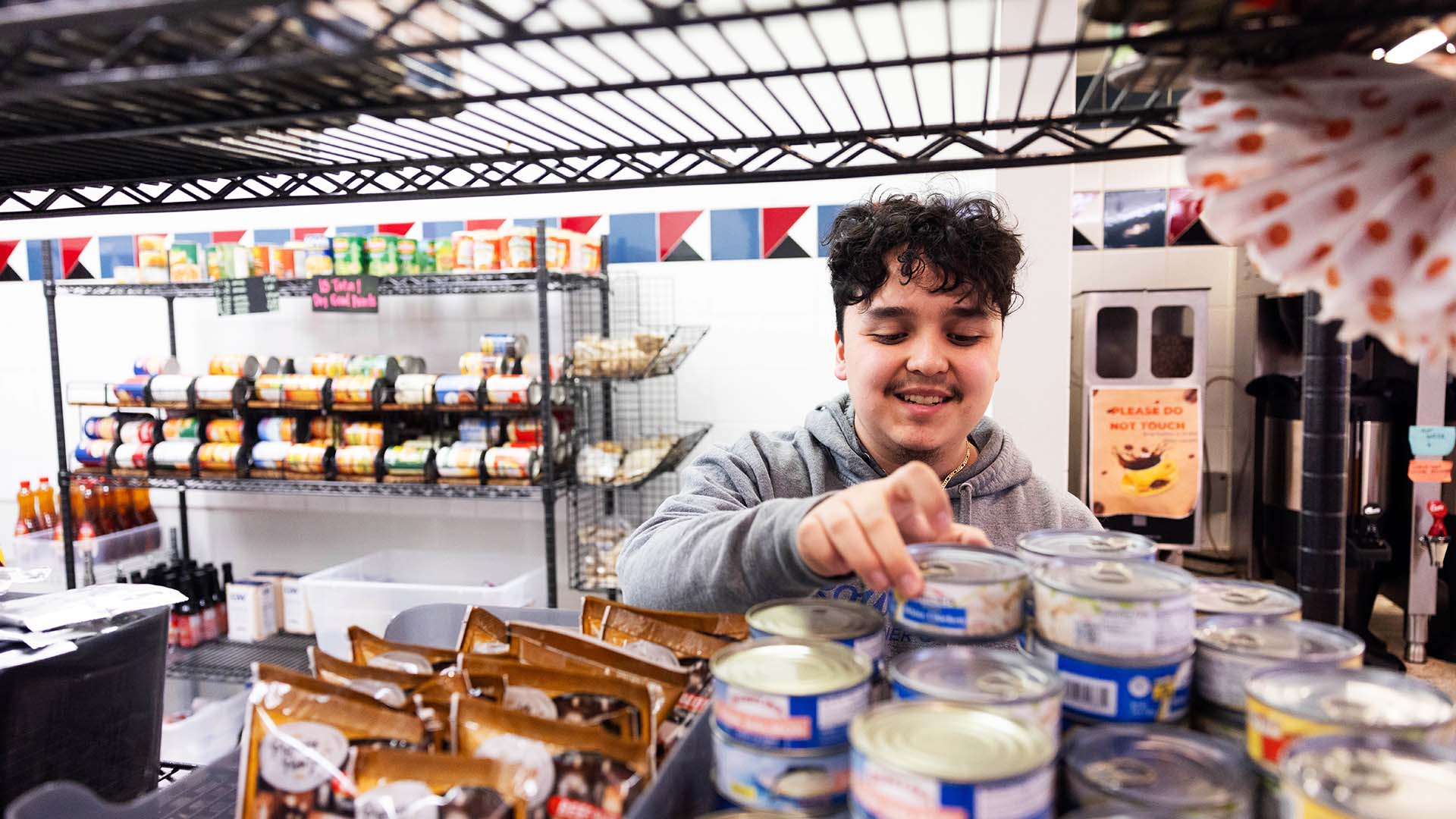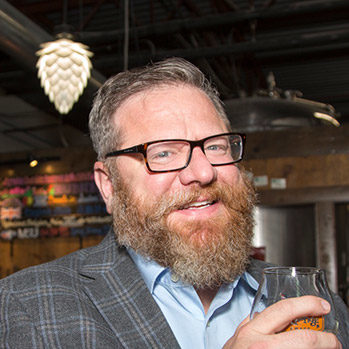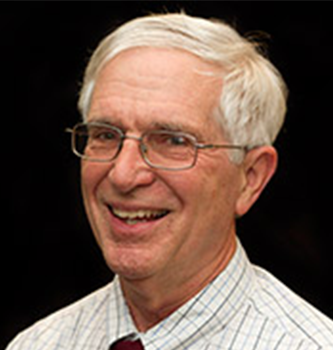Love, loss and a promise kept
Gold Star wife Erika Wyckoff balances family, school and a quest for a Medal of Honor.

The story of Charlie and Erika Wyckoff opens in 2003 at the door to a Prescott, Ariz., laundromat.
“I was taking my laundry and my kids to the coin laundry, and (Charlie) was there, and he held the door open for me. I was taken aback by his kindness,” Erika Wyckoff said. “And he looked really cute, so that was a plus.”
Charlie, a student at Embry-Riddle Aeronautical University, and Erika, a working single mom with two kids, didn’t have much in common at first. He was a “wild and crazy college kid with roommates.” She was “a single mom just trying to figure it out.”
They discovered that they liked each other and began dating. They fell in love. He learned to love her kids, then 5 years old and 1 year old. They moved in together.
Things were going well, until Charlie told her without warning that he was leaving.
“One day, after we’d been dating a year and a half, he came home and said, ‘Hey babe, I joined the Army. I leave in two weeks for Fort Benning, Georgia,’” Wyckoff recalled.
Charlie assured her they weren’t breaking up. He told her that he wanted to make his dream of flying helicopters come true.
They made their long-distance relationship work for a year, exchanging letters, which Wyckoff treasures to this day.
They married in February 2005 and moved to Fayetteville, N.C., a few miles outside of Fort Bragg where Charlie would be stationed.
Almost two years later, Charlie gave his wife an early anniversary present – he wasn’t going to be in the country for the actual date.
“He went to Afghanistan in 2007 for his first deployment,” Wyckoff said. “He left Jan. 24. … I remember that day well. It was an emotional day, and it was the last time I ever saw him.”
A sergeant’s sacrifice
Charlie graduated from Embry-Riddle with a degree in aeronautical science. He couldn’t afford helicopter flight lessons, so he took the Army route instead.
He could’ve signed up as an officer but instead enlisted in the 82nd Airborne Infantry as a paratrooper. He didn’t like the thought of “starting at the top” without training with his fellow soldiers, Erika Wyckoff said. He wanted to earn their respect.
He forever earned that respect on June 6, 2007.
That morning, just before dawn, Charlie’s platoon came under fire while patrolling a small village in southern Afghanistan’s Helmand Province.
Dustin Lehmann, the medic in Charlie’s platoon, wrote about the attack for the blog, “The Good Men Project”:
What Charlie encountered was one insurgent with an AK-47 and another with an RPG (rocket-propelled grenade) aimed at the already weakened wall in which his team was stacked up behind.
To save his own life, Charlie would have had to kill the insurgent closest to him first, the one with the AK-47.
But he didn’t.
Instead, Charlie fired first on the enemy with the RPG, killing him.
He then turned his sights on the closer enemy and they fired simultaneously.
Back in Fayetteville, Erika Wyckoff was watering the plants on her porch when two uniformed men stopped in front of her house. She’d just spoken to Charlie two days before, so she was sure he was OK. Maybe they were looking for someone else, she reasoned.
“They kept walking toward me, and they were very quiet until they got close to me,” Wyckoff recalled. “They said, ‘Ma’am, can we go inside?’ That’s when I finally realized they were there for me. I dropped to my knees. I was in shock. I couldn’t speak. My kids were in the house. My daughter ended up coming out, and she knew what those two men represented. She was the strongest little girl – 8 years old at the time – and she was able to get me to go into the house.
“They sat us down and told us that he had fallen.”
Sgt. Charles E. Wyckoff Jr. was 28 years old.

The Medal of Honor quest
The next chapter of Wyckoff’s life is still a blur.
Charlie was buried in Arlington National Cemetery in Arlington, Va., nine days after he was killed halfway around the world.
On May 22, 2008, President George W. Bush presented Erika Wyckoff with Charlie’s Distinguished Service Cross at a ceremony at Fort Bragg. The president kissed her on the cheek. She didn’t know what to do.
“At that time, it was almost like I wasn’t present,” she said. “My kids and I stood in formation with other soldiers who were receiving medals. I was there to honor my husband and I had no other thoughts going on. I just wanted to receive the medal for him, and that was my only focus.”
The Distinguished Service Cross awarded to Charlie posthumously is the second-highest Army award for valor in combat. However, Charlie’s chain of command thought he deserved the highest commendation: the Medal of Honor. They told Erika Wyckoff they would request that his medal be upgraded when his 508th Parachute Infantry Regiment finished its deployment.
That never happened.
Wyckoff said she doesn’t blame anyone – Charlie’s unit was deployed multiple times, several of his fellow soldiers were killed in action, and the regiment was eventually made inactive. But she also promised her husband she would make sure he received the honor he deserved should anything happen to him.
Wycoff wasn’t sure if she could keep that promise until she accepted a position with the American Legion in 2013. She moved to Lakewood, Colo., for the job, which involved helping vets and their surviving spouses file for compensation and pension benefits with the U.S. Department of Veterans Affairs (VA). One day, she recalled, her boss informed her that next of kin can submit a Medal of Honor packet to the Army.
“‘How does that look?’” she asked him. “He said: ‘It’s very extensive. You have to look up Army regulations; you have to have all your ducks in a row and speak Army language.’”

It took Wyckoff two years to put together the required documents, including letters from soldiers in Charlie’s unit and chain of command. She tracked down those who were with her husband on his final day, men who had continued to serve – heroes in their own right.
At first, some of those soldiers denied her request to write a statement. Wyckoff kept calling them.
A Medal of Honor submission requires six witness statements, three from soldiers who saw the incident and three from the applicant’s chain of command. Wyckoff collected 10 witness statements.
When she submitted Charlie’s packet to her congressman, Rep. Ed Perlmutter, D-Colo., his military liaison told her that she was the first civilian to successfully complete the rigorous requirements of an Army Medal of Honor submission.
It has now been two years since Wyckoff finished the packet, and she’s still waiting for a decision. She has made countless phone calls and been told that the Army Board of Corrections is reviewing it. If they approve it, the final stop is the desk of the president.
“I have to fulfill my promise to him,” she said. “That’s my why. I think I did that with the packet, but it still feels a little bit incomplete because I haven’t heard an answer. Even if I hear an answer no, I can finally shut the door.”

Grief, ongoing
Wyckoff has told Charlie’s story many times. It has been documented in newspapers in North Carolina, where he was stationed, and in his native California. The Washington Post covered Charlie’s funeral.
Retelling it on a sunny fall day on Denver’s Auraria Campus, she shares the details of Charlie’s life and death calmly, and for the first time without tears.
“I actually have been diagnosed with complicated grief bereavement, and it means you’re stuck in your grief,” she said. “That’s the first time I’ve explained that story without freaking out. It’s been 11 years, so it’s about time. That’s a good sign.”
As a surviving spouse of a soldier killed in action, Wyckoff receives monthly Dependency and Indemnity Compensation from the VA. She’s also enrolled at Metropolitan State of University of Denver, where her classes are paid for by the Fry Scholarship, which provides Post-9/11 G.I. Bill benefits to surviving spouses and their children for up to 36 months.
Unless she gets remarried. Military widows who remarry before the age of 57 lose their survivor benefits. Erika is 39. Widows lose their educational benefits if they remarry at any age.
“(Getting married again) wasn’t in my thoughts early on,” she said. “But as I started getting through, over the years, I did start thinking about those kinds of things. I did feel like the benefit policies are a way to keep surviving spouses stuck in their grief. They’re not promoting a way to move on with your life.”
As a member of the Gold Star Wives of America, Wyckoff attends meetings and sits on legislative conferences that advocate for bills and policy changes concerning survivor spouse benefits. The remarriage issue is one of many the group is examining.

Though Charlie isn’t the biological father of Wyckoff’s children, he raised them as his own and intended to adopt them after his deployment, she said. She took the legal steps to give them his last name after he died.
“Although it’s a wonderful benefit and I am thankful, it is hard to raise your children on that,” she said. “It’s hard to go back to work and raise kids and deal with your transition of no longer being a military spouse, trying to fit into a nonmilitary life.”
Today, Wyckoff is a widow, mother and grandmother. At MSU Denver, she’s pursuing an individualized degree that incorporates social work and holistic health, and she’s also the Student Government Assembly associate vice president.
She wants to someday work in the VA’s outreach department, giving back to the military community and families like her own. She previously held a work-study position in MSU Denver’s Veteran and Military Student Services Center helping students find resources for homelessness, mental health or benefit access. There, she found a military connection that she otherwise wouldn’t have.
Her story is one of many that inspired MSU Denver Veteran and Military Student Services to launch a new family-member support group for both family of students who are active military or veterans and students such as Wyckoff whose family are or were active military or veterans.
The first event for the family group was held Nov. 13, during the University’s week-long celebration of veterans.
“As a former military spouse, I know very well that the entire family serves,” said Lauren Sullivan, director of Veteran and Military Student Services at MSU Denver. “These folks are all part of the military family fold forever, and we hope that they feel incredibly welcome in our spaces.”







